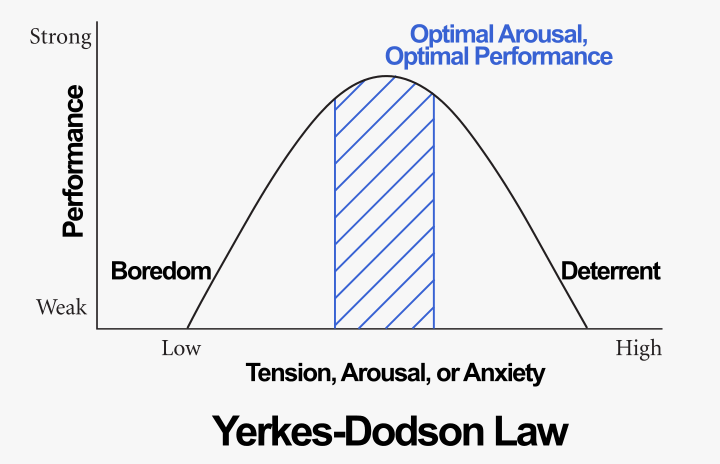When power leads man towards arrogance, poetry reminds him of his limitations. When power narrows the areas of man’s concern, poetry reminds him of the richness and diversity of his existence. When power corrupts, poetry cleanses. For art establishes the basic human truth which must serve as the touchstone of our judgment.
—John F. Kennedy (American Head of State)
Most of us think ourselves bold, individualistic thinkers when in fact we’re tepid if not downright lemmings.
—Marty Nemko (American Career Coach, Author)
If we are suffering illness, poverty, or misfortune, we think we shall be satisfied on the day it ceases. But there too, we know it is false; so soon as one has got used to not suffering one wants something else.
—Simone Weil (French Philosopher, Political Activist)
The fiery trials through which we pass will light us down in honor or dishonor to the last generation.
—Abraham Lincoln (American Head of State)
The one thing you can’t take away from me is the way I choose to respond to what you do to me. The last of one’s freedom is to choose one’s attitude in any given circumstances.
—Viktor Frankl (Austrian Psychologist)
He who cannot change the very fabric of his thought will never be able to change reality, and will never, therefore, make any progress.
—Anwar el-Sadat (Egyptian Head of State)
That old man dies prematurely whose memory records no benefits conferred. They only have lived long who have lived virtuously.
—Richard Brinsley Sheridan (Irish-born British Playwright)
Greatness is always built on this foundation: the ability to appear, speak and act, as the most common man.
—Hafez (Persian Poet)
Be confident small immortals. You are not the only voice that all things utter, nor is there eternal silence in the places where you cannot come.
—C. S. Lewis (Irish-born British Children’s Books Writer)
Nothing is more active than thought, for it travels over the universe, and nothing is stronger than necessity for all must submit to it.
—Thales of Miletus (Greek Philosopher, Mathematician)
A writer must always try to have a philosophy and he should also have a psychology and a philology and many other things. Without a philosophy and a psychology and all these various other things he is not really worthy of being called a writer. I agree with Kant and Schopenhauer and Plato and Spinoza and that is quite enough to be called a philosophy. But then of course a philosophy is not the same thing as a style.
—Gertrude Stein (American Writer)
Human felicity is produced not as much by great pieces of good fortune that seldom happen as by little advantages that occur every day.
—Benjamin Franklin (American Political leader)
Self-knowledge is no guarantee of happiness, but it is on the side of happiness and can supply the courage to fight for it.
—Simone de Beauvoir (French Philosopher)
An impersonal and scientific knowledge of the structure of our bodies is the surest safeguard against prurient curiosity and lascivious gloating.
—Marie Stopes (British Author, Social Activist)
 Many people claim that they
Many people claim that they 
 Seek fresh eyes. Ask new employees and interns to make a note of every question they have about how things get done in your organization. If anything—reports, approvals, meetings, reviews—doesn’t seem sensible, let them record those inefficiencies. After a few weeks, when they’ve become familiar with the organization and its workflow, have them reassess and report their observations. The best improvement ideas come from people who
Seek fresh eyes. Ask new employees and interns to make a note of every question they have about how things get done in your organization. If anything—reports, approvals, meetings, reviews—doesn’t seem sensible, let them record those inefficiencies. After a few weeks, when they’ve become familiar with the organization and its workflow, have them reassess and report their observations. The best improvement ideas come from people who